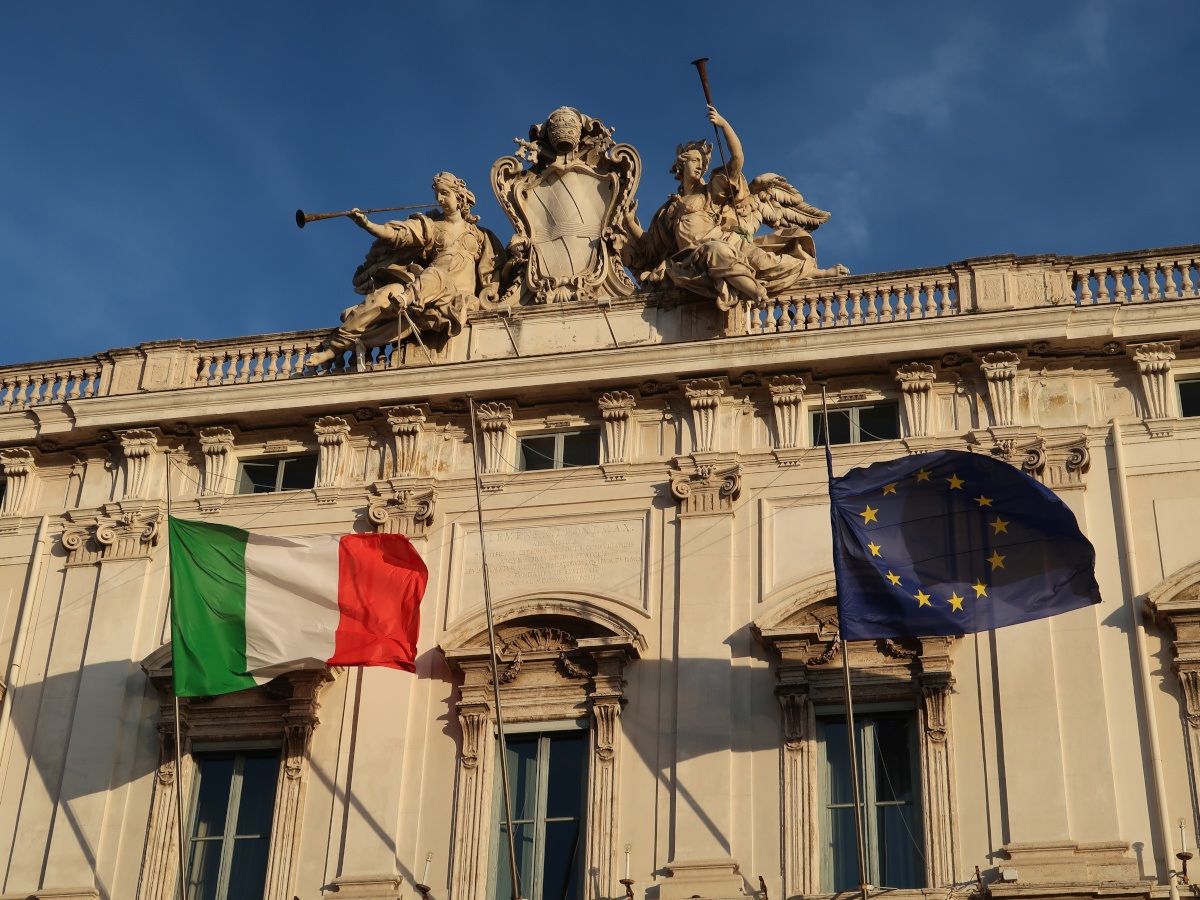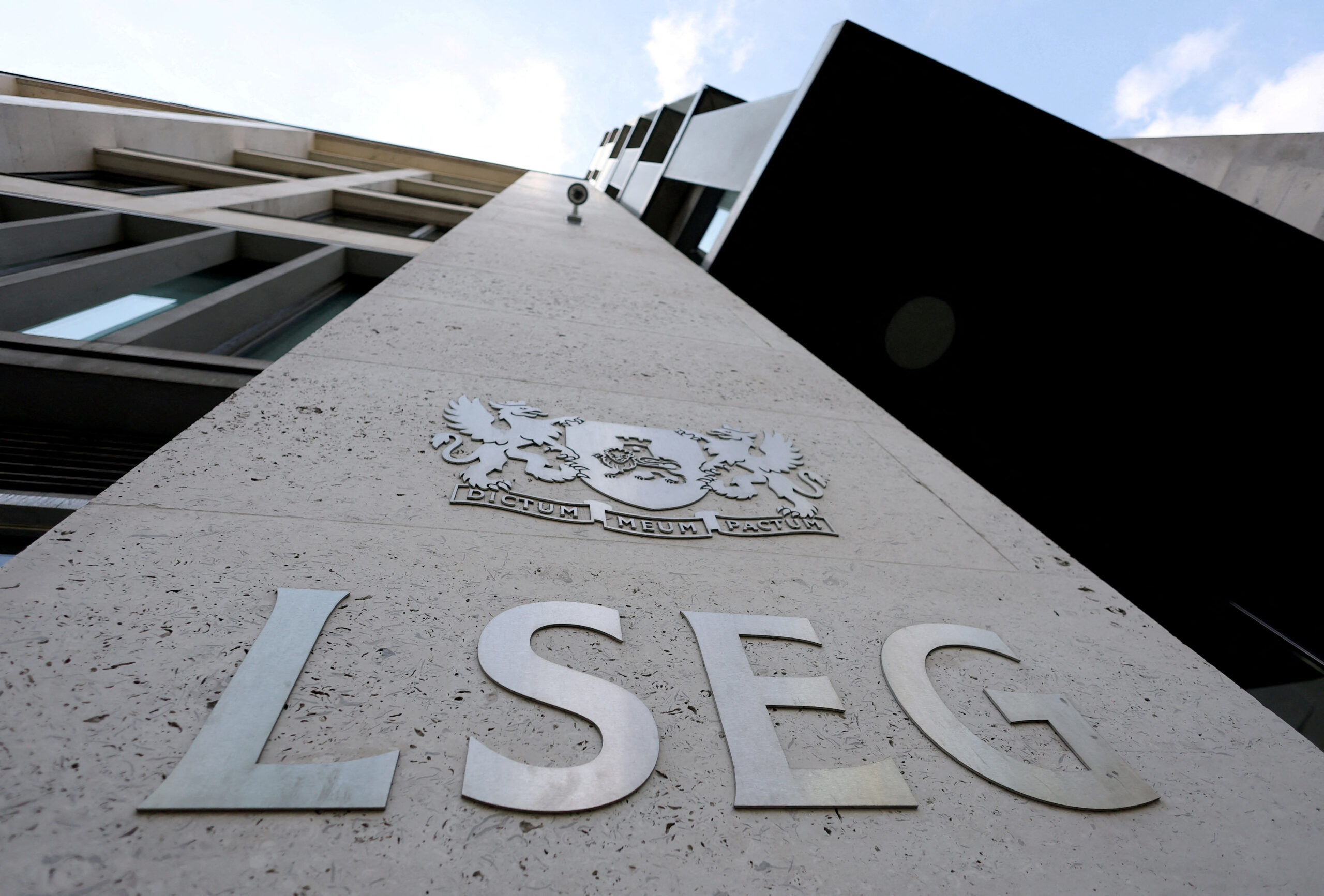Italy’s Unprecedented VAT Claim Becomes Subject of Appeal By Meta, X, and Linkedin
Meta (META.O), X, and LinkedIn, U.S. tech titans, have filed an appeal against an unprecedented VAT claim by Italy that could potentially impact tax policy across the 27-nation European Union.
This is the first instance in which Italy has been unable to reach a settlement agreement after pursuing tax cases against tech corporations, which has led to the initiation of a full-scale judicial tax trial.
According to the sources, this occurred as a result of the case’s attempt to establish a more comprehensive approach that concentrated on the manner in which social networks provide access to their services, rather than simply agreeing on a settlement figure.
The tax authorities in Italy contend that the free registration of users with the X, LinkedIn, and Meta platforms should be considered taxable transactions, as they involve the exchange of a membership account for a user’s personal data.
The issue is particularly delicate in light of the broader trade tensions between the EU and the U.S. administration. Donald Trump, the President.
Meta is claiming 887.6 million euros ($1.03 billion), X is claiming 12.5 million euros, and LinkedIn is claiming approximately 140 million euros.
LinkedIn filed its appeals with a first instance tax court after mid-July, when the deadline for responding to a tax assessment notice issued by Italy’s Revenue Agency in March passed.
Meta, the parent company of Facebook and Instagram, Elon Musk’s social network X, and Microsoft (MSFT.O) also filed cases.
Reuters consulted with a number of experts who believe that the Italian approach could have a significant impact on a wide range of companies, including airlines, supermarkets, and publishers, that rely on users’ consent to accept profiling cookies in order to access free services on their websites.
It may also be expanded to encompass the entire European Union, where VAT is a harmonised tax.
Meta stated that it had “fully cooperated with the authorities on our obligations under EU and local law” in a statement to Reuters.
It further stated that the company “strongly opposes the notion that users should be subject to VAT for accessing online platforms.”
LinkedIn stated that it had “nothing to disclose at this time.” A request for comment from Reuters was not responded to by X.
It is uncertain whether a comprehensive trial of the matter will proceed, which typically requires an average of 10 years and involves three levels of judgment.
According to the sources, Italy is currently in the process of preparing to request an advisory opinion from the European Commission as a subsequent action, following discussions with the three corporations.
The Economy Ministry will submit the specific queries prepared by the Italian Revenue Agency to the EU Commission’s VAT Committee, which convenes twice annually.
In order to receive the EU’s comments in time for the subsequent meeting in spring 2026, Rome intends to submit its queries for the meeting scheduled to take place by early November.
The Economy Ministry and Revenue Agency of Italy declined to provide a response.
The VAT Committee of the EU Commission is an autonomous advisory body.
According to the sources, Italy may suspend the case and ultimately discontinue the criminal investigation if the assessment is negative, despite the fact that it is non-binding.
The dispute is one of numerous disputes between the United States and Europeans. Large-scale technology.
Reuters exclusively reported on July 11 that Meta would not be making any further adjustments to its pay-or-consent model, despite the potential for EU penalties.
The European Commission has suspended one of its investigations into Musk’s platform X for violating its digital transparency regulations, as per a Financial Times report on July 17.
This decision was made in preparation for the conclusion of trade negotiations with the United States.
Embraer, Brazilian Aircraft Manufacturer, Concludes Second Quarter With Record $30 Billion Backlog
According to a securities filing, Embraer (EMBR3.SA), a Brazilian planemaker, reported recently that its firm order backlog reached $29.7 billion at the end of the second quarter, a record high for any quarter and a 40% increase from the previous year.
Embraer, the third-largest aircraft manufacturer in the world, reported that its commercial jet segment had increased its backlog by 16% to $13.1 billion, and its executive jet division had increased its backlog by 62% to $7.4 billion by the end of the quarter.
Earlier this month, the organization disclosed that it delivered 61 aircraft during the second quarter.
Additionally, Embraer reported a total backlog of $4.9 billion from its services and support unit and $4.3 billion from its defense segment.
news via inbox
Get the latest updates delivered straight to your inbox. Subscribe now!




